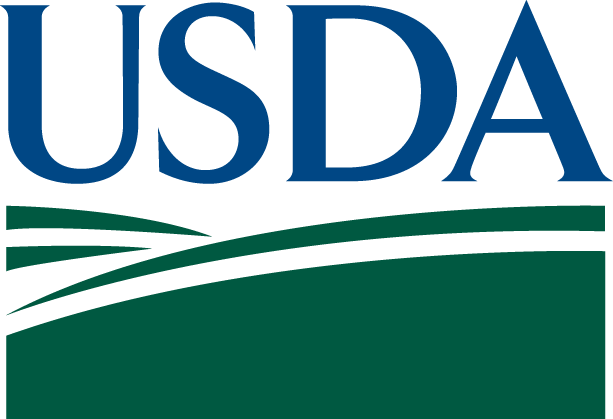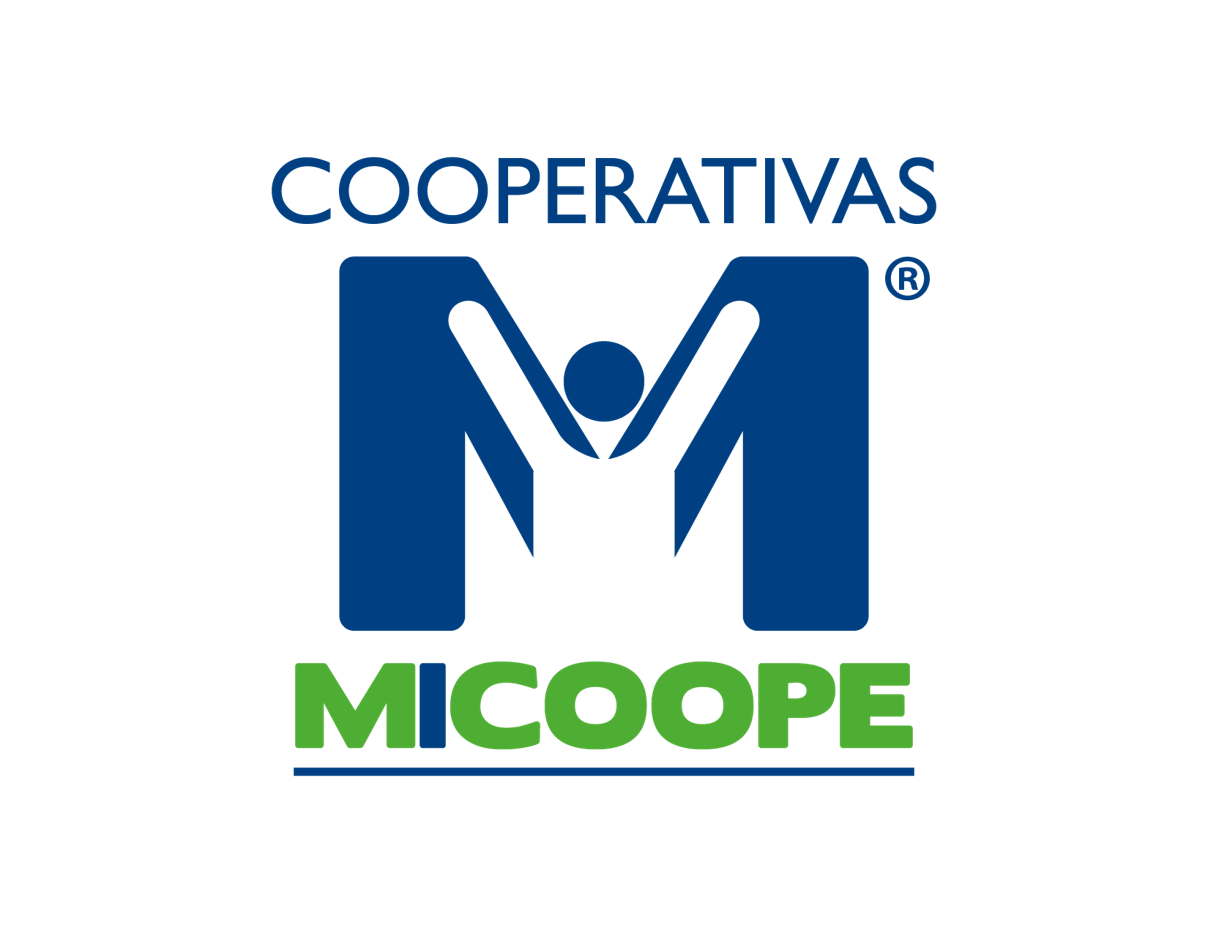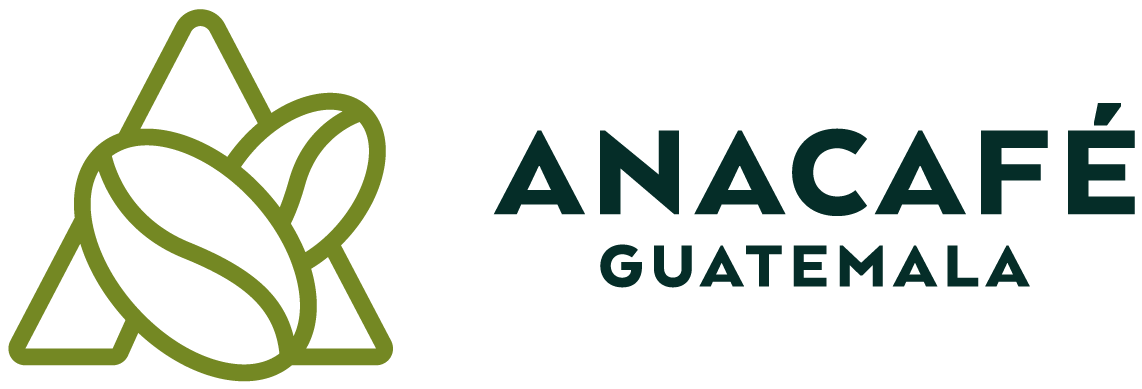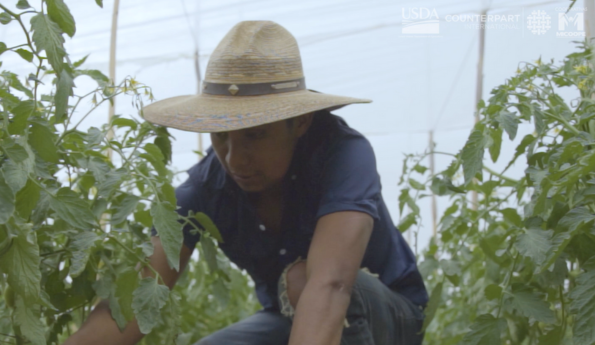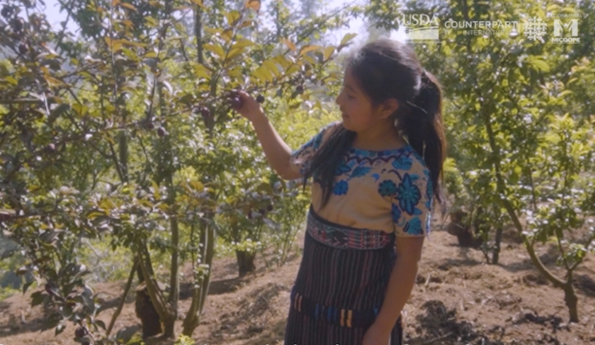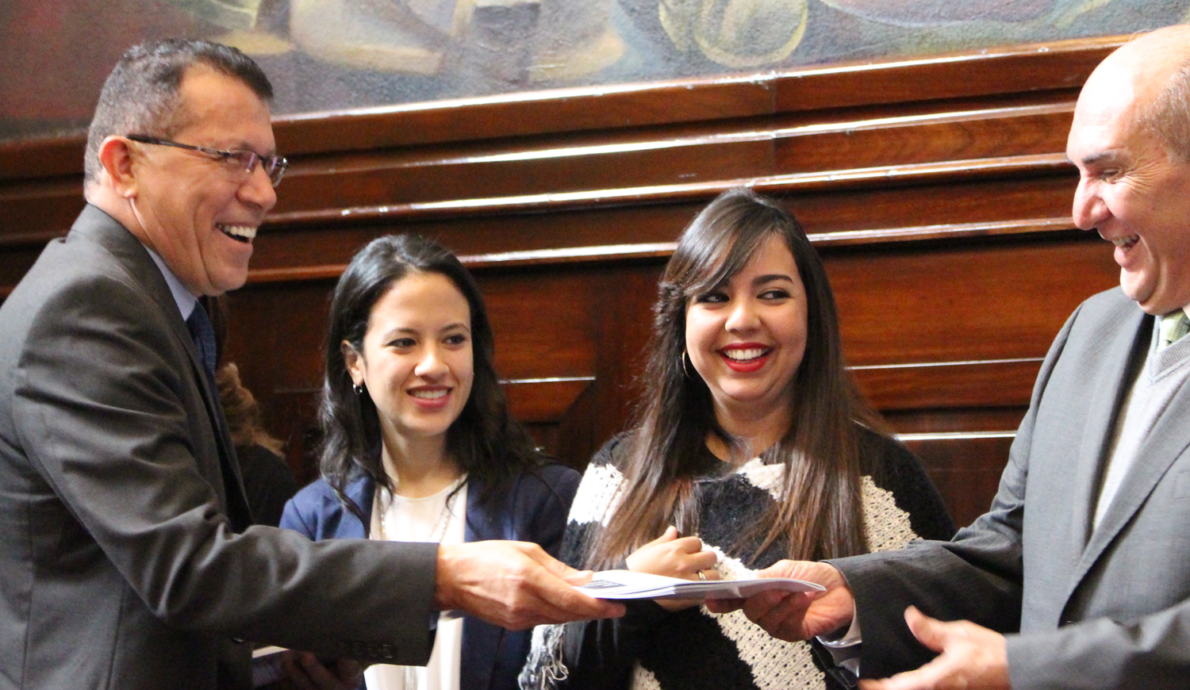Food for Progress
Weakened agricultural production threatens livelihoods in rural areas
Guatemala is a small, multicultural, and multilingual country with 25 ethnic groups living together within its borders. It is located approximately 1,000 miles south of the U.S.-Mexico border, and it has a population of 17.4 million inhabitants. Guatemala’s current population is double what it was 25 years ago and it is expected to double again in the next 25 years. Guatemala has some of the lowest human development indicators in the hemisphere and the highest level of chronic malnutrition (49.8 percent) in children under five years old.
Poverty extends throughout the nation and has increased because of the corruption that has existed for decades. A civil war (1963–1996) caused great polarization among its citizens, damaged infrastructure, and increased the already-existing levels of poverty. In 1996, the government suspended its National Rural Extension System, a support and aid program for small and medium farmers, which had a devastating impact. Hunger worsened, and child malnutrition skyrocketed, reaching 42 percent throughout the country and 90 percent in some indigenous communities. The scourge of corruption in recent years has increased the levels of chronic malnutrition to the highest in the continent at 49.8 percent.
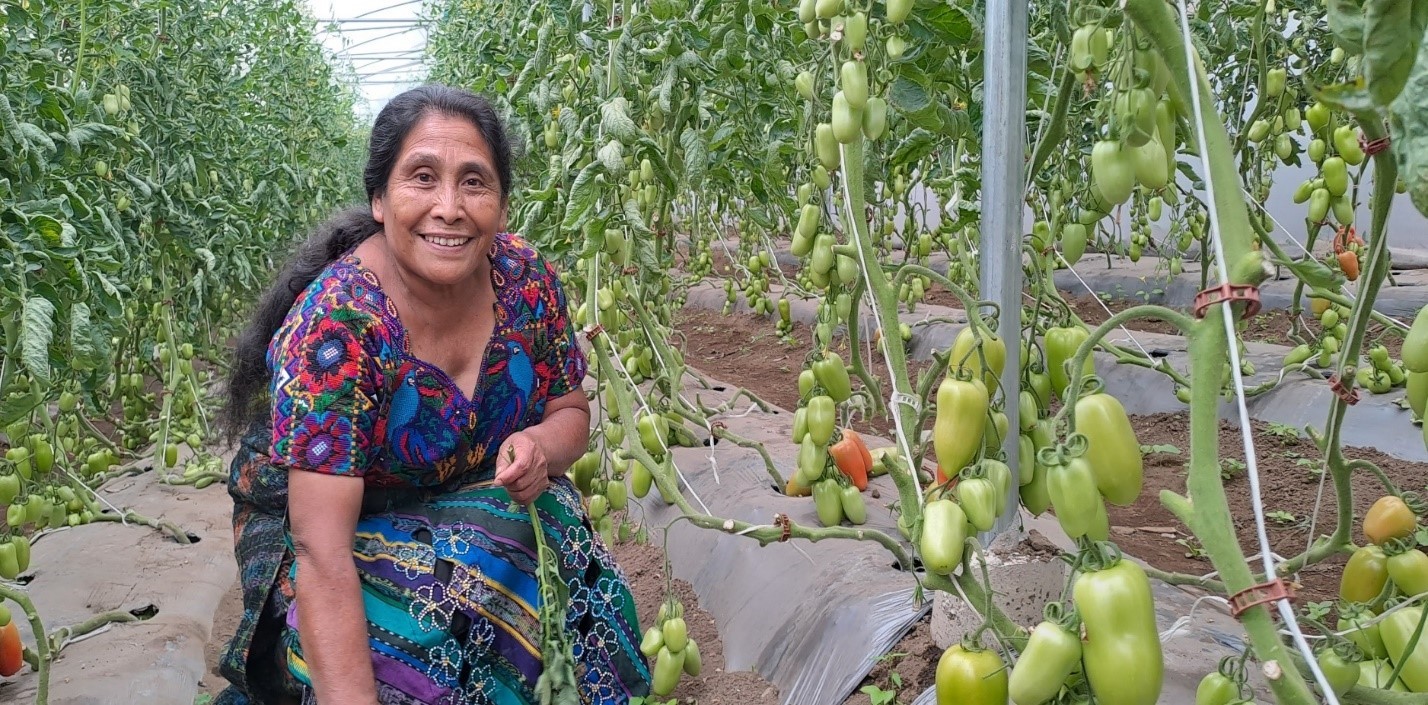
Greenhouse vegetable production, Komoon Samaaj Association, recipient of a cash grant to strengthen vegetable production, in photography: Maria Andrea Tzunun, partner of the organization in the productive unit. Location: Santa Maria Visitación, Sololá. Date: March 2023. Photo: Counterpart International staff.
Increased knowledge, access to credit produces higher yields
Counterpart’s Food for Progress program in Guatemala improves the ability of local communities to increase their agricultural production and improve their livelihoods. By strengthening farming knowledge, providing tools, and building markets for rural agriculture, we helped deliver permanent, scalable solutions by
- Re-establishing a functioning National Rural Extension System and creating the only academic training program in the country
- Building the capacity of coffee and other agricultural producer groups, including agricultural promoters, associations, cooperatives, and Rural Development Learning Centers to provide technical assistance to smallholder farmers
- Providing capacity-building grants to competitively selected producer groups to support agricultural development activities such as technical services, on-farm equipment, and agricultural inputs
- Expanding the outreach and availability of financial services in the agricultural sector
- Implementing trade promotion activities to enhance producer marketability, supporting farmers to obtain certifications to expand sales into new and established markets, participate in trade shows, and connect with buyers
- Providing training in agricultural production practices, and technologies, and farm management
Improved livelihoods for rural communities
- 371 extension agents graduated from the Certificate Rural Extension Program—the first since its closure in 1996—and are now certified to work for the Ministry of Agriculture or in the private sector
- 2,295 Rural Development Learning Centers providing training on best practices in soil conservation, water management, horticulture production, food security, and nutrition for the community and agricultural promoters
- 106 cash grants and 85 in-kind grants awarded to smallholder farmers, totaling $2.87 million to support agricultural development activities
- MICOOPE provided 8,646 loans (to 3,180 women and 5,466 men) totaling more than $49 million
- More than 36,000 coffee and other producers trained on improved agricultural production techniques and farm management
- 52 contracts signed between buyers and sellers to support producer groups to expand sales and establish new markets



